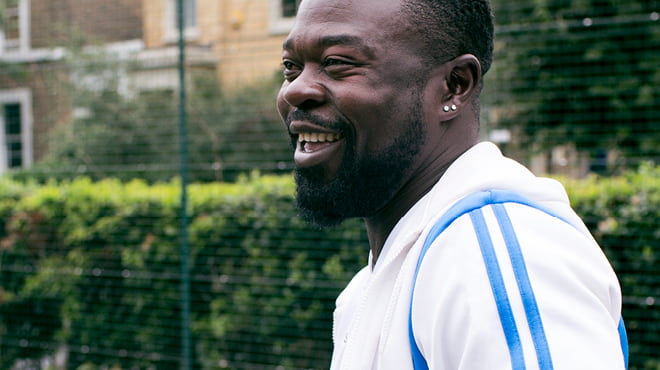Stroke Awareness
A stroke occurs when the blood supply to part of your brain is interrupted or severely reduced, depriving brain tissue of oxygen and food. A stroke is a medical emergency. Prompt treatment is crucial. Early action can minimize brain damage and potential complications.








